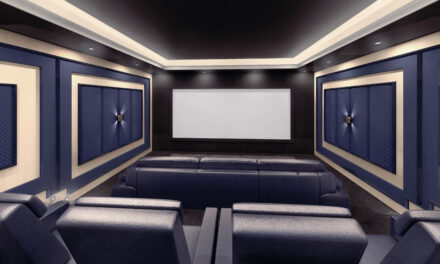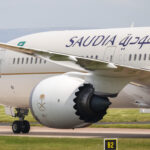The landscape of travel has significantly transformed since the onset of the pandemic. Business class, once favoured by corporate travellers, has experienced a decline in demand as remote work becomes the new norm. However, an unexpected trend has emerged, with leisure travellers seizing the opportunity to indulge in the luxury and comfort of business class. Airlines are now swiftly expanding their premium offerings to cater to the surge in high-end leisure travel. In this article, we will explore the shifting dynamics of the travel industry and how leisure travellers are embracing business class like never before.
The Shift from Business to Bleisure: In a world where executives have discovered the efficiency of remote work, the demand for traditional business travel has waned. The rise of “bleisure” travel, which combines business and leisure elements, has replaced the traditional notion of corporate travel. Executives now have the flexibility to work from any location, extending their trips and immersing themselves in new destinations. This shift has not only affected the business travel market but has also opened doors for leisure travellers to fill the void left behind by corporate travellers.
Leisure Travellers Ascending to First Class: The surge in high-end leisure travel has prompted airlines to reassess their strategies. Carsten Spohr, CEO of Lufthansa, acknowledges a previously unseen demand for first-class accommodations. It appears that more individuals are willing to invest in a one-way ticket priced at $10,000, complete with exclusive airport services and personal assistants. This trend reflects a structural shift in leisure spending among the affluent, transcending air travel and permeating other luxury sectors such as watches and cars.
Premium Class: An Alternative for Discerning Leisure Travellers: The allure of premium travel extends beyond first class, as leisure travellers who cannot afford the utmost luxury are enticed by premium class seats. Air France, for instance, is experiencing record-high occupancy rates in its premium cabins, with premium tickets selling out rapidly, particularly for flights to Paris. This trend has led many airlines to consider expanding their high-end seating capacity by up to 75%. The popularity of premium and business class among leisure travellers contributes to airlines’ profitability and incentivizes further enhancements to the economy class experience.
Democratising Private Jet Travel: In line with the democratisation of luxury travel, private jet usage is no longer exclusive to the ultra-rich but accessible to a broader demographic. During the pandemic, private jet travel surged due to its departure from smaller airports, offering reduced crowds and potential infection risks. Innovations in applications and services have made it easier for leisure travellers to upgrade their travel experience by chartering private planes, even for one-way journeys. Companies like Air Charter Service and SetJet offer membership schemes and affordable private flight options, expanding the accessibility of premium travel.
The Environmental Trade-Off: While the rising popularity of premium travel options presents advantages for travellers, the environment suffers as a consequence. Private jet travel, in particular, has witnessed a surge in demand, leading to higher carbon emissions compared to commercial air travel or train journeys. The need for sustainability and eco-conscious alternatives remains essential in the travel industry’s pursuit of a balanced approach.
Conclusion: The paradigm shift in travel patterns has ushered in a new era where leisure travellers seize the opportunity to experience the luxury and comfort traditionally associated with business class. The rise of bleisure travel, the increasing demand for premium class, and the democratisation of private jet usage reflect the changing preferences and behaviours of modern travellers. As airlines adapt to this evolving landscape, it is crucial to strike a balance between meeting the demands of high-end leisure travellers and addressing the environmental impact of such travel choices.










